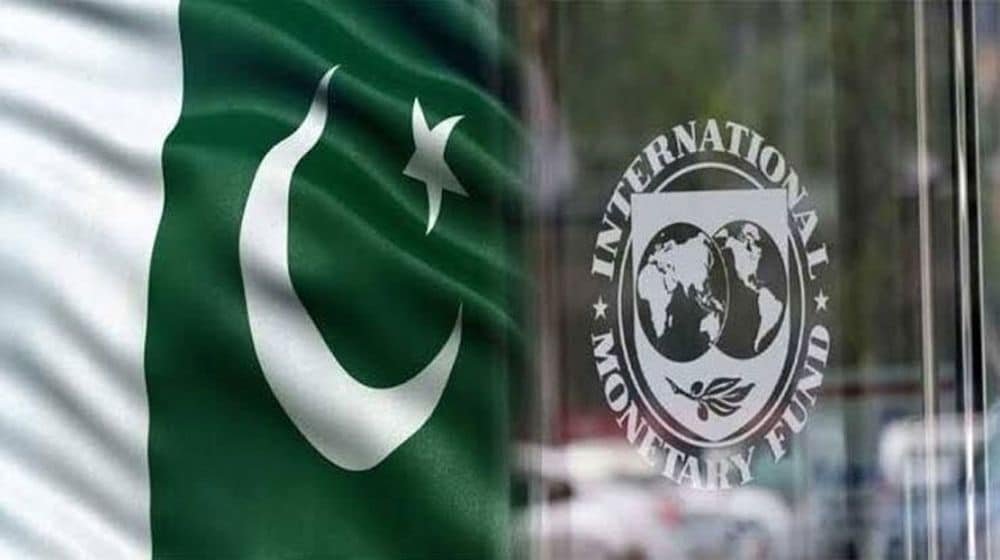Pakistan receives $1.17 billion loan from IMF this week
The Extended Arrangement for Pakistan under the Extended Fund Facility (EFF) was reviewed by the IMF Executive Board for the seventh and eighth times in total today. The Board’s resolution permits an immediate transfer of SDR 894 million, or approximately US$1.1 billion, bringing the arrangement’s total expenditures for budget support to US$3.9 billion.
On July 3, 2019, the Executive Board approved the EFF for SDR 4,268 million (about US$6 billion at the time of approval, or 210 percent of quota) (see Press Release No. 19/264). The IMF Board approved an extension of the EFF until end-June 2023, rephasing and augmentation of access by SDR 720 million, which will bring the total access under the EFF to approximately US$6.5 billion, in order to support programme implementation, meet the higher financing needs in FY23, as well as catalyse additional financing.
Pakistan is in a difficult economic phase right now. Procyclical domestic policies and a challenging external environment increased domestic demand to levels that were unsustainable. The ensuing economic overheating reduced reserve buffers, increased inflation, and resulted in significant fiscal and external deficits in FY22. While preserving social spending, preserving monetary and financial stability, keeping a market-determined currency rate, and maintaining external buffers, the programme aims to manage domestic and external imbalances, assure fiscal restraint, and ensure debt sustainability.
The authorities’ request for waivers of nonobservance of performance requirements was also granted today by the Executive Board.
Ms. Antoinette Sayeh, Deputy Managing Director and Acting Chair, made the following remark after the Executive Board’s debate on Pakistan:
“Pakistan’s economy has been hampered by unfavourable internal conditions, particularly from accommodating policies that led to uneven and imbalanced growth, as well as unfavourable external ones brought on by spillovers from the conflict in Ukraine. Regaining macroeconomic stability, addressing imbalances, and establishing the framework for equitable and sustainable growth all depend on the steadfast application of corrective policies and reforms.”
“The plan by the government to generate a modest primary surplus in FY2023 is a positive step toward easing budgetary and external constraints and fostering confidence. In order to provide room for much needed social protection and strengthen the sustainability of the public debt, current spending must be restrained and tax revenues must be mobilised”. It is also crucial to make efforts to improve the energy sector’s viability and lessen unaffordable losses, such as by sticking to the planned increases in fuel levies and energy tariffs. It is crucial to make further efforts to fight poverty and safeguard the most vulnerable through improving targeted payments, particularly in the current situation of high inflation.
“A necessary measure to control inflation was to tighten monetary conditions by raising policy rates. Future tight monetary policy would contribute to reducing inflation and addressing external imbalances.” These goals would be furthered by maintaining proactive and data-driven monetary policy. The banking system should be closely monitored, and undercapitalized financial institutions should be addressed swiftly, to support financial stability. In order to withstand external shocks, preserve competitiveness, and restock foreign reserves, maintaining a market-determined exchange rate is still essential.
Pakistan receives $1.17 billion loan from IMF this week
“Sustainable growth would be supported by accelerating structural changes to increase governance, notably of state-owned businesses, and enhance the business climate.” The creation of jobs and the growth of a robust private sector depend on reforms that establish a level playing field for trade, investment, and business.
